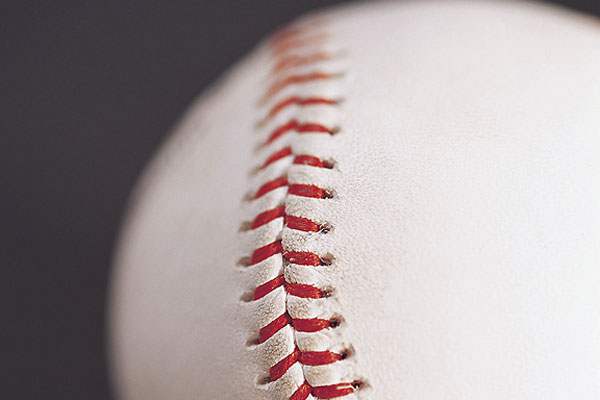As someone that has made his fair share of mistakes – college can do that to a kid – it’s time we talked about apologies.
Our sports icons seem to be issuing them more often than autographs these days. On Monday morning, New York Yankees pitcher Andy Pettitte issued an apology for using more human growth hormone than he originally admitted to in his first statement following the release of the Mitchell Report.
He said he was scared coming into Monday’s press conference; he sounded contrite and he even shed a few tears to make the sportswriters say, “Ahhh.”
Here’s one that’s saying, “Ahhh, come on!”
The first rule of apologies is that they can’t come with conditions.
But when Pettitte summed up his reasoning for using HGH, he dropped this subtle little gem: “I didn’t do it to try to get an edge on anyone. I didn’t do it to try to get stronger or faster or throw harder. I did it because I was told that it might be able to help me.”
That may be the biggest piece of bull since Jason Giambi made a forthright apology without actually saying what he was apologizing for.
Pettitte didn’t try to get an edge on anyone? Really?
What exactly makes him think that being able to miraculously recover from what would normally be a career-ending injury, or at least something that hinders a hurlers velocity, isn’t an edge? The reason people get excited about 20-something flame-throwers is because they have what crafty middle-aged veterans often don’t: unbroken bodies.
You can’t give someone a free pass because they used performance-enhancing drugs, many of which are illegal by federal law, because they wanted to get back to their physical norm – and not a smidgen more.
The reason baseball has farm leagues is because there are thousands of young men who play the game in hopes of someday making the “Big Leagues.” What Pettitte doesn’t realize, or refuses to acknowledge, is that by taking HGH, he has denied the natural circle of life in Major League Baseball. His roster spot is a slot that could have been filled by some young kid that played his way to that point on natural ability.
Sure, it’s possible the next guy could have been juicing, or HGH-ing or using whatever the next drug du jour will be. But, who’s to say that next kid wasn’t clean and more deserving than a veteran pitcher that cheated the spirit of the game, just so he could keep up some self-imposed image of greatness that must be maintained.
There are economic effects, too. Pettitte has been one of the highest paid pitchers in baseball for years, and is making $16 million this season to play for the Yankees. MLB contracts are guaranteed, so if he was under contract, Pettitte still would have made money while rehabbing from injury as long as he didn’t retire.
But the pitcher that stayed still in Triple-A ball never got the experience of playing in “The Show,” or the boost in paycheck that shortly follows.
Athletes often say they’re just trying to do what’s best for their families. Well, Pettitte’s use of HGH to recover undoubtedly took money off the table for at least one player’s family, and probably more than one with the domino effect his absence would have caused through the ranks.
For that, Pettitte should be eternally sorry.
Josh Koehn is the sports editor of the Gilroy Dispatch. He can be reached at jk****@**********rs.com










